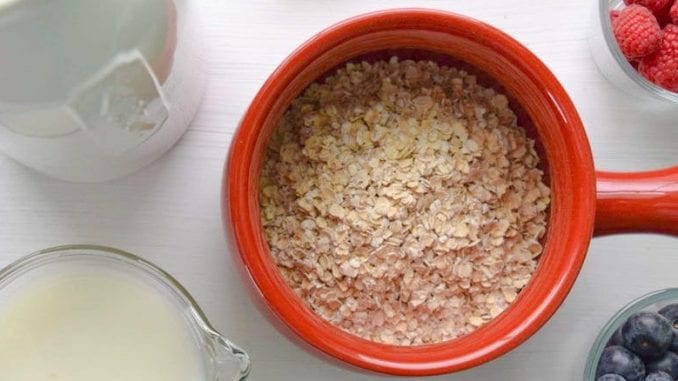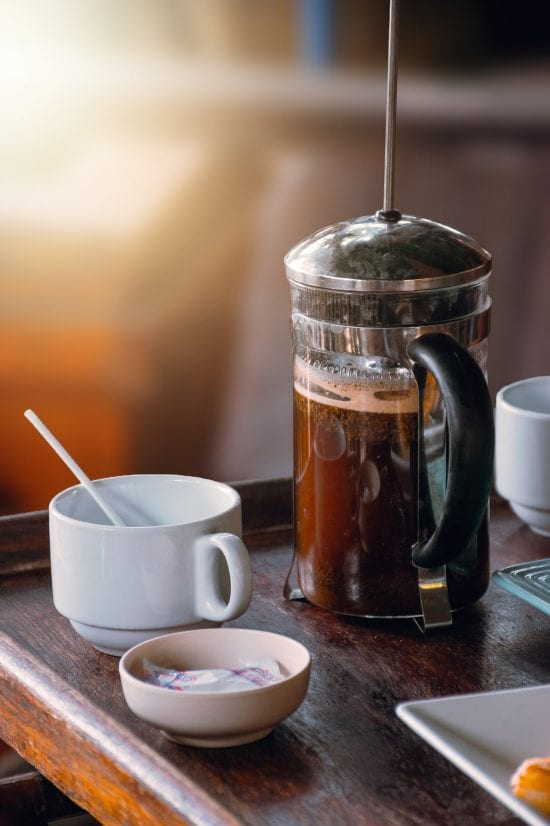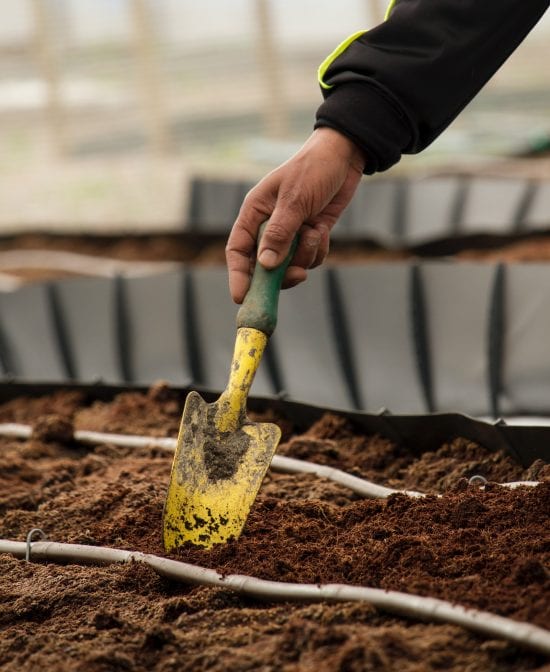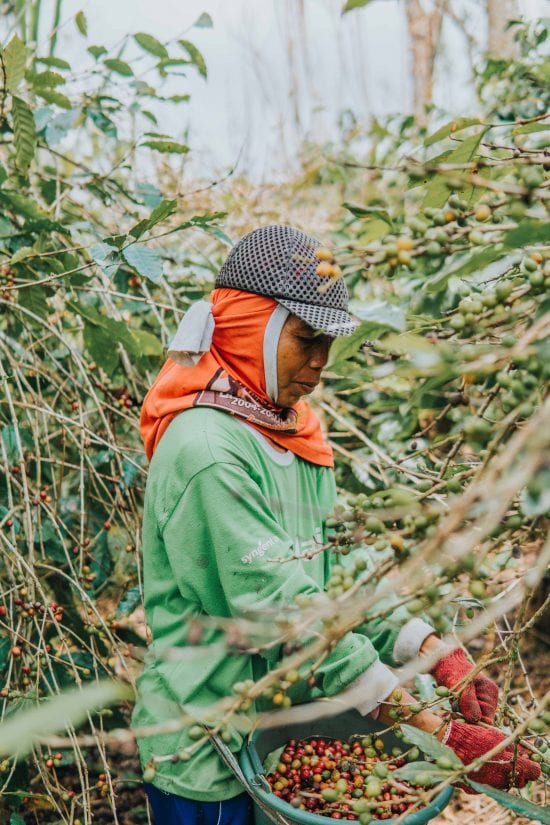
These simple steps can go a long way toward reducing waste.
BY EMILY JOY MENESES
SPECIAL TO BARISTA MAGAZINE ONLINE
Photos courtesy of Unsplash
I don’t know about you, but quarantine has me brewing more coffee at home, often making two or three cups a day. And after several months spent downing pourovers and cold brews while throwing away more coffee filters and oat-milk cartons than I could count, it occurred to me that I should try to make my home coffee ritual more environmentally sustainable. So I began researching ways to up the eco-friendly ante on my daily brew, and I came across a handful of waste-reducing tips.
If you’re looking to reduce the amount of waste you make when brewing coffee at home, here are a handful of easy changes you can make:
Ditch one-time-use coffee filters.
Think about it … a filter (or three) a day, for the rest of your life? It really adds up! Luckily, reusable coffee filters are available for pretty much any kind of coffee maker, and they’re also very affordable. I use a stainless-steel mesh coffee filter for my V60, and cloth coffee filters are also a popular choice. A quick Google search will help you find the right option for the method you use to brew. Another good alternative is brewing your coffee with a French press … no one-time use filters needed there! If you’re still attached to the clean taste that paper filters give, try to find a balance between your paper and non-paper filter brews.
Make your own nondairy milk at home.
I recently learned how easy it is to make nondairy milk at home. My personal go-to is oat milk, which can be made by simply blending 1 cup of rolled oats with 4 cups of water, a pinch of salt, a pitted date, and a dash of vanilla extract on high for 30-45 seconds, then straining the mixture through a nut milk cloth or a regular towel. If you prefer to save time by buying milk, you can do some research and see if there’s a bulk grocery store near you that sells milk on tap. For example, Tare in Los Angeles sells nondairy milk by the ounce—you just need to bring your own jar or pitcher!

Compost your coffee grounds.
Composting is one of the best things you can do for the planet (and it’s one of the easiest, too!). Composting reduces landfill waste by taking food scraps, yard waste, and more, and decomposing it all into nutrient-rich fertilizer. If you have a backyard, you can start your own compost bin, or if you live in an apartment like me, you can collect your compost throughout the week and check with your local farmers market or community garden to see if they have a compost bin where you can drop it off—just be sure to double-check what they accept beforehand. Some organizations even offer compost pickup; some quick research will help you find the best option for you.

Learn more about the coffee you’re using.
Coffee consumers like myself have so much power. Every dollar we spend has energy behind it, and it’s important to know where that energy is going. Next time you buy a bag of coffee, take a few minutes to learn more about the beans: where they come from, who roasted them, what kind of relationship the roaster has with the farmers, and whether the journey from the farm to your table was ethical and environmentally friendly. Fortunately, for much of our specialty-coffee community, our roasters have been doing this for years, but it’s up to us to educate our friends about what sustainable coffee is and how they can support it. Eco-conscious coffee can cost a bit more to them, but to me, knowing that the coffee I’m drinking is sustainable and that the farmers who grew it are getting paid a fair wage is worth a few extra dollars.

My journey to becoming low-waste has been far from smooth or perfect, but my perception of what it means to be “eco-friendly” has also changed drastically over the years. I used to guilt-trip myself for forgetting to bring a travel coffee mug or reusable grocery bag, and over time, the pressure to be low-waste began to feel like a burden. However, I recently came across an eye-opening quote from zero-waste chef Anne-Marie Bonneau: “We don’t need a handful of people doing zero waste perfectly. We need millions of people doing it imperfectly.”
Saving the planet is not an individual endeavor. It’s a goal we must all work toward together, in many different ways: through holding big businesses accountable, fighting for environmental protection bills, making individual lifestyle changes, and spreading whatever knowledge we have along the way. This journey isn’t asking us to be perfect—it’s asking us to radically change on both a systemic and individual level, and to develop new habits that can be implemented for generations to come.

ABOUT THE AUTHOR
Emily Joy Meneses is a writer, musician, and cat mom based in Los Angeles. You can regularly find her at Echo Park Lake, drinking a cortado and journaling about astrology, art, Animal Crossing, and her dreams. Explore her poetry, short stories, and music on her website.

